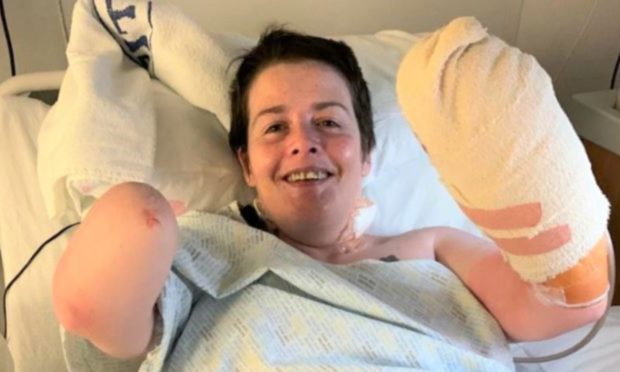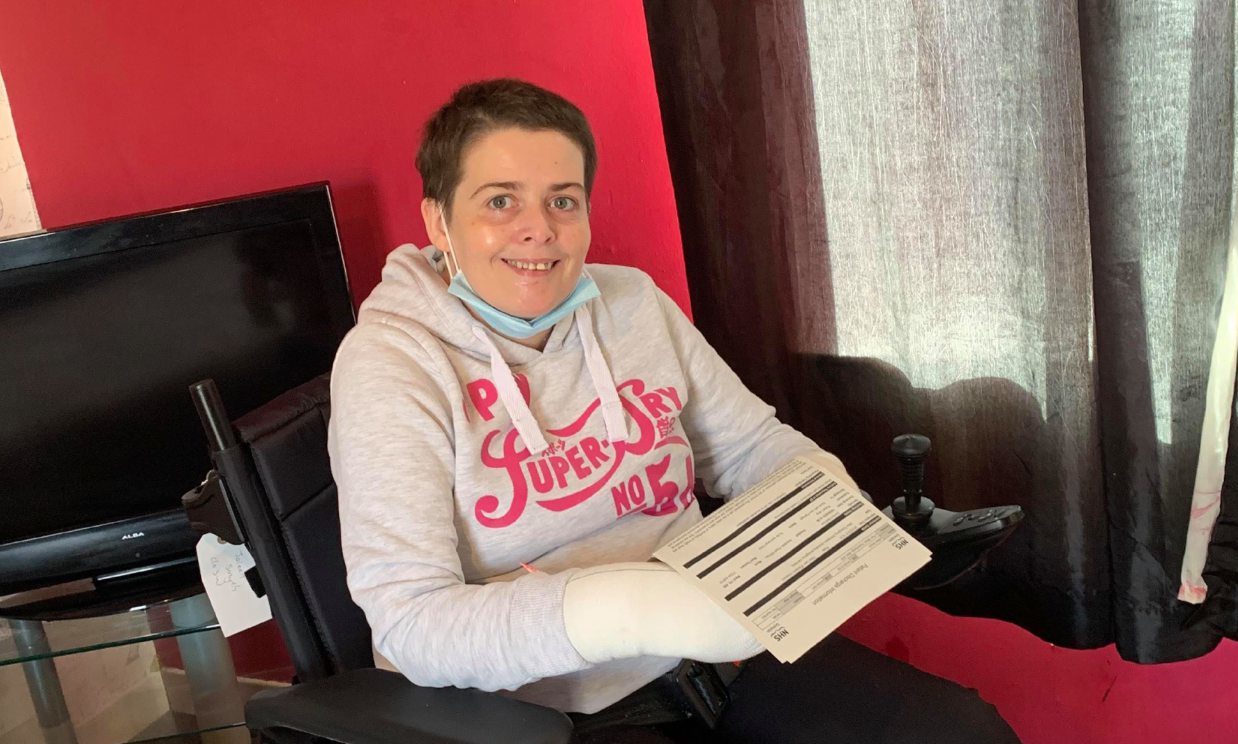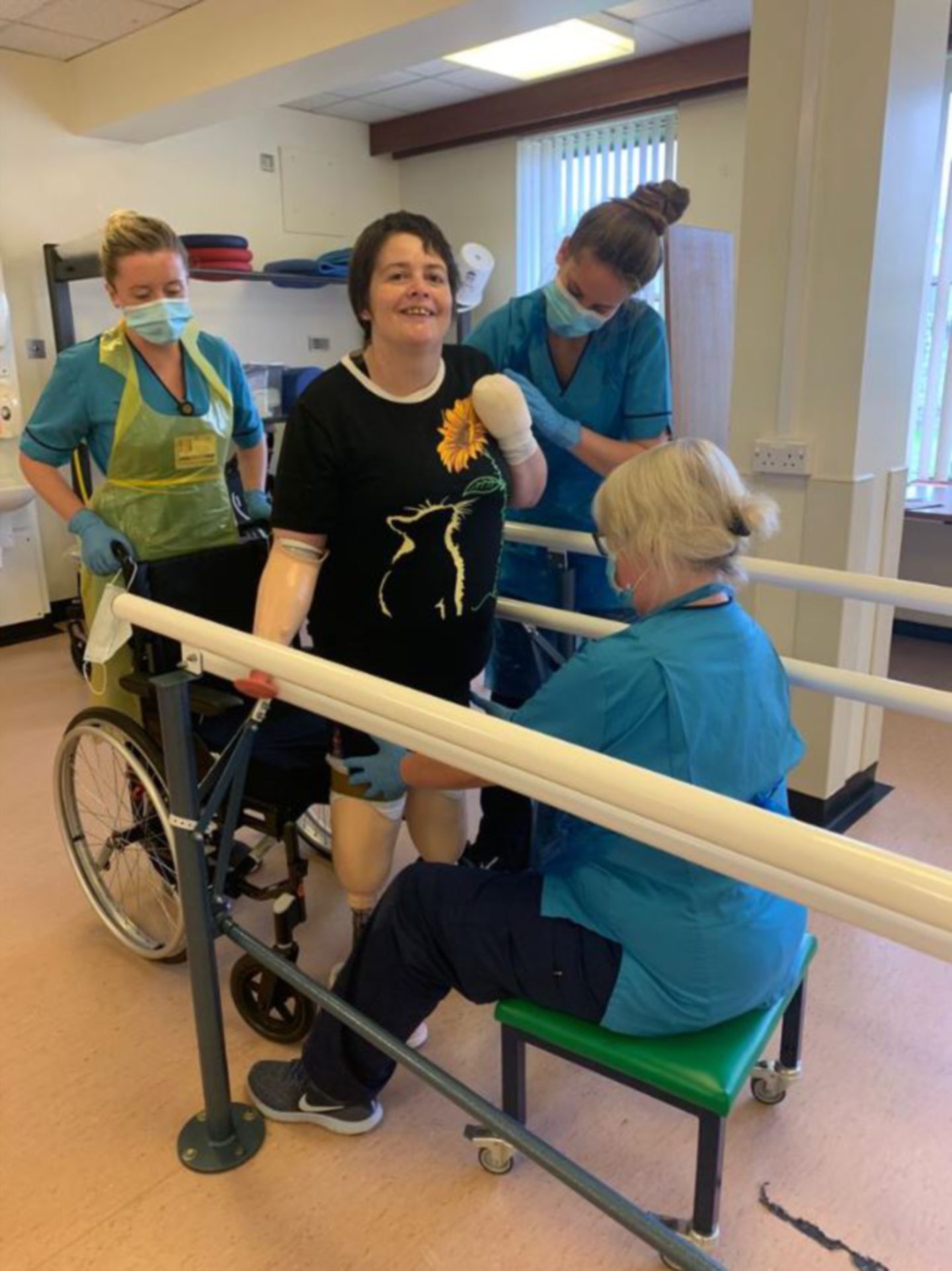Cases of sepsis have shot up across the north-east in the last five years, causing hundreds of deaths.
The number of people requiring treatment for the condition, also called blood poisoning, has doubled in that time.
The illness occurs when the body is fighting an infection but begins to attack itself in the process, potentially causing organ failure and significant long-term damage.
Sepsis is linked to around 48,000 deaths in the UK every year and new figures show this included 166 in the NHS Grampian area – Aberdeen, Aberdeenshire and Moray – in 2019.
That year there were 711 confirmed north-east cases – more than double the 353 from 2015.
But, while case numbers have increased, those dying from the condition have gradually fallen – partly due to an increase in public awareness.
The main symptoms of sepsis include muscle pain, severe breathlessness, a high heart rate and a high or low body temperature.
Fears have been raised that these could be mistaken for signs of coronavirus – potentially delaying the start of any life-saving treatment.
‘I could hardly breathe’
Fraserburgh mum Joleen Ritchie fell seriously ill with pneumonia and septic shock on Boxing Day 2019, and was later told she would need her hands and legs amputated.
She spent most of last year in hospital, thinking she would never be able to walk again.
But the 39-year-old achieved her goal in the days before Christmas with help from her new artificial limbs and a zimmer frame.
“When I came into hospital I could hardly breathe, and my temperature was up at 42C,” she said.
“I had an ice body pack on me at one point to try and get it down.
“They were telling my family they thought I had internal bleeding as I’d been in a car crash the week before, then they found it was sepsis and pneumonia.”
The sepsis caused her legs to turn “black” and she had to have them amputated.
Months later, as she lay in hospital awaiting a further operation to remove her hands, she contracted Covid-19 and was placed in an induced coma for three weeks to help her recover.
She said: “I was perfectly healthy and normal.
“I just woke up in the night on Boxing Day and could hardly breathe.
“I didn’t have a cold, or anything.”
Medics urged to ‘stay alert’
Colin Graham, the chief operating officer of research charity Sepsis Research Feat (formerly The Fiona Elizabeth Agnew Trust), said it is a “major concern” that people are still largely unaware of the condition.
Following a previous advertising campaign, it was found that the public understood what sepsis was, but details of its symptoms were not “cutting through”.
Mr Graham said: “In the last few years we have part-funded a Scottish Government campaign which analysis shows has helped the general public become more aware of sepsis symptoms and the need to seek urgent medical attention.
“In addition, medical professionals including doctors, nurses and ambulance crews are also being better educated to recognise sepsis symptoms through the NHS.
“There has also been a change in the way hospitals code illnesses which has led to sepsis, an illness which can be confused with other conditions, being recorded more often in a patient’s notes.
“As the pandemic continues, we would also urge medical professionals to stay alert to sepsis and not confuse it with Covid-19 as there are some similarities between the symptoms of both illnesses.”
‘More needs to be done’
North-east Scottish Conservative MP Andrew Bowie said: “Any death through a preventable illness is one too many.
“Too many people are dying from something that can be avoided by early detection and administration of antibiotics.
“More needs to be done to highlight this killer disease. Most people don’t know a great deal about it.
“There is also anecdotal evidence that people aren’t reporting possible symptoms due to the pandemic.
“The reasons why are understandable but the danger in this can’t be overstated.”



